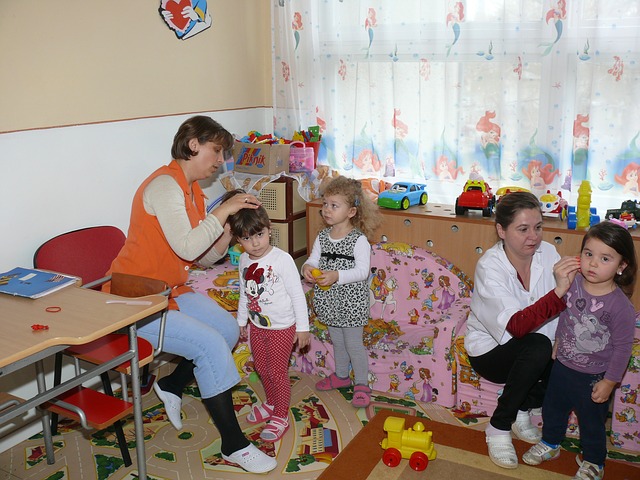
How Does Preschool Enhance Children’s Social Skills
How Does Preschool Enhance Children’s Social Skills
In this article, you will learn about how does preschool enhance children’s social skills. Social skills are the skills we use every day to interact and communicate with others. They include verbal and non-verbal communication, such as speech, gesture, facial expression, and body language. A person has strong social skills if they have the knowledge of how to behave in social situations and understand both written and implied rules when communicating with others. Children with a diagnosis of Autism Spectrum Disorder (ASD), Pervasive Developmental Disorder (Not Otherwise Specified) and Asperger’s have difficulties with social skills.
Social skills are vital in enabling an individual to have and maintain positive interactions with others. Many of these skills are crucial in making and sustaining friendships. Social interactions do not always run smoothly and an individual need to be able to implement appropriate strategies, such as conflict resolution when difficulties in interactions arise. It is also important for individuals to have ’empathy’ (i.e. being able to put yourself into someone else’s shoes and recognize their feelings) as it allows them to respond in an understanding and caring way to how others are feeling.
How do Preschools Enhance Social Skills in Children?
Circle Time :
While the majority of the work in a Montessori preschool classroom happens individually or in small groups, we incorporate some whole class activities, such as singing, joint read aloud and perhaps reviewing the calendar each day. During these group times, we teach our preschool students how to sit cross-legged in a circle with their hands in their laps, so everybody can see and hear the teacher, without being disrupted by a neighbor moving about. We show them how to actively watch a demonstration, and how to attentively listen to the words of others, so they can learn together.
We show them how to raise their hands and wait to be called upon before speaking, showing their respect for their peers, and ensuring that they will be heard when it is their time to talk.
Requesting help constructively–by approaching a teacher, gently making her aware of one’s presence, then waiting patiently until she has completed her current task and is able to respond. Students apply the same lesson when asking more experienced peers for help. They also learn how to politely say “no” when they are asked for help and cannot (or may not want to) give help at that time.
Individual Work Time :
During the bulk of our preschool day, children freely choose what to work on, and who to work with. All social interactions during these times are voluntary: no child is forced to play with others, to share a toy, or to help a peer. Instead, we set up clear rules to foster respectful, mature, genuinely inclusive interactions, rules which ensure each child’s work, personal space and autonomy are respected by his peers.
What Notable Changes can you Observe in Your Child?
Cooperation :
Cooperation involves a lot more than just sharing, which is good because even by the end of preschool, children are still sharing more grudgingly than gracefully. Cooperation is also the ability to get along with others.
Conflict Resolution :
A preschooler’s mind is not entirely logical, and at this stage, kids are not typically great at solving problems. Some Circle of Moms members says their preschoolers resort to hitting to get what they want. While disturbing, it’s a pretty common behavior borne of frustration. By age 5, and with practice, your child will probably be able to sit down with a peer and have a rudimentary conversation about their issue. Don’t expect them to be able to come up with a fair compromise, though. That’s a much more advanced social skill, one that even some adults have trouble with!
Confidence :
Most preschoolers are all about being independent and trying to do things themselves. While sometimes that push for independence is too strong, more often it’s a way to build self-esteem and confidence. While you may be tempted to do things for her or to correct little mistakes, it’s important for your child to take the initiative. Feeling good about her abilities and herself is a social skill that will serve your child well for life.
Conversation :
Preschoolers typically like to talk, but not always to each other. That was the case for mom Cathy L., who noticed the other kids in her son’s preschool class had conversations with each other while her son spoke mainly to her. At 3 and 4 years old, children should be practicing the skills of conversation: talking in turn, staying on topic, and even reading other people’s emotions and facial expressions. If your child is shy, he may require some extra time to gain this skill.
Looking For International Play School Franchise ?

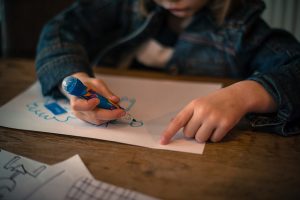
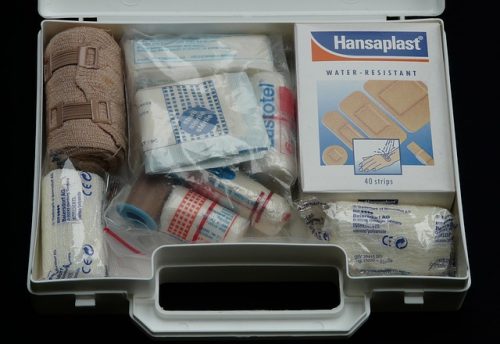
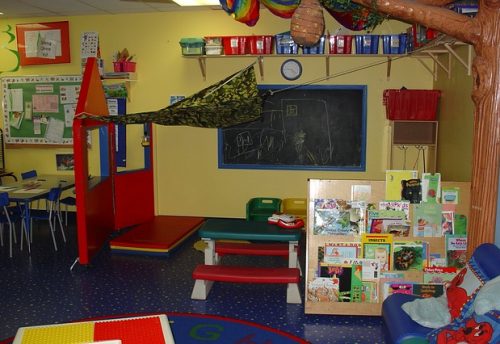
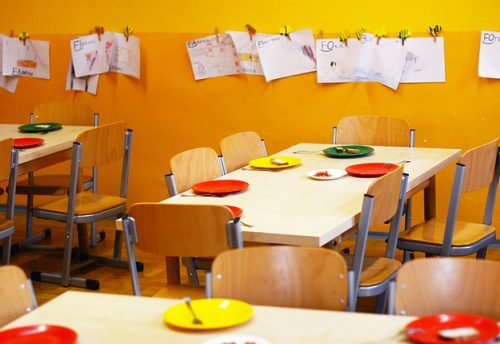

Leave a Reply